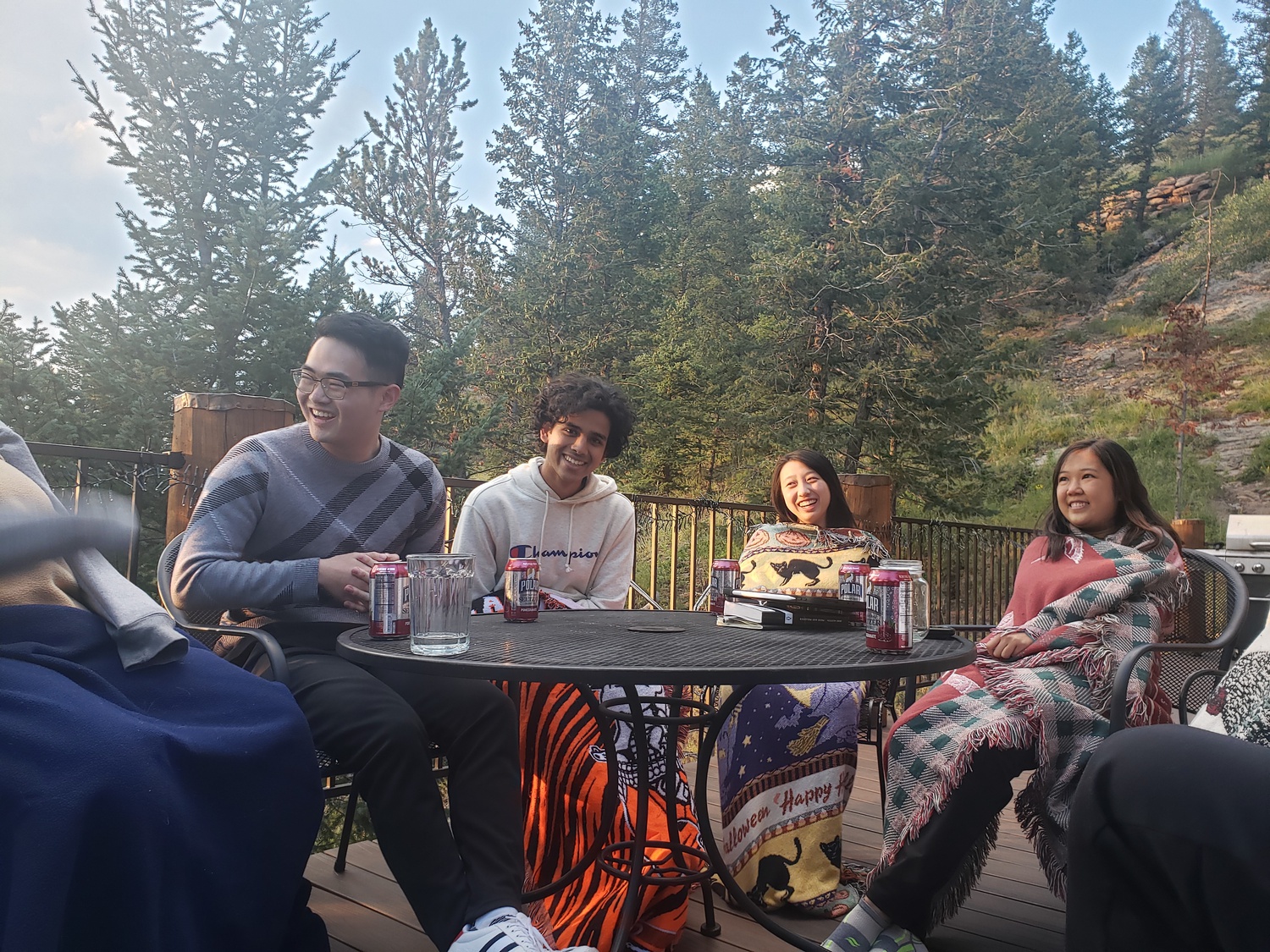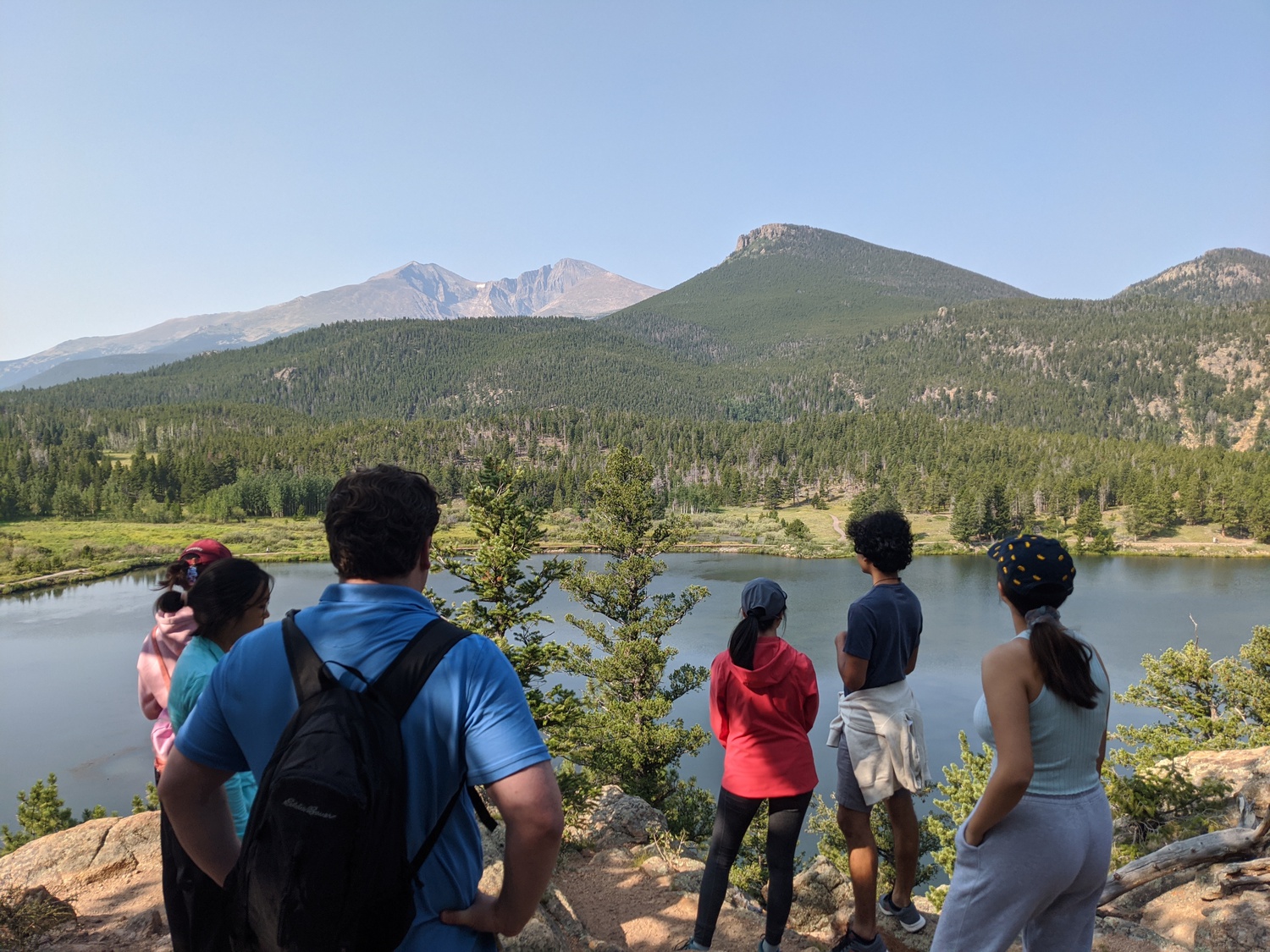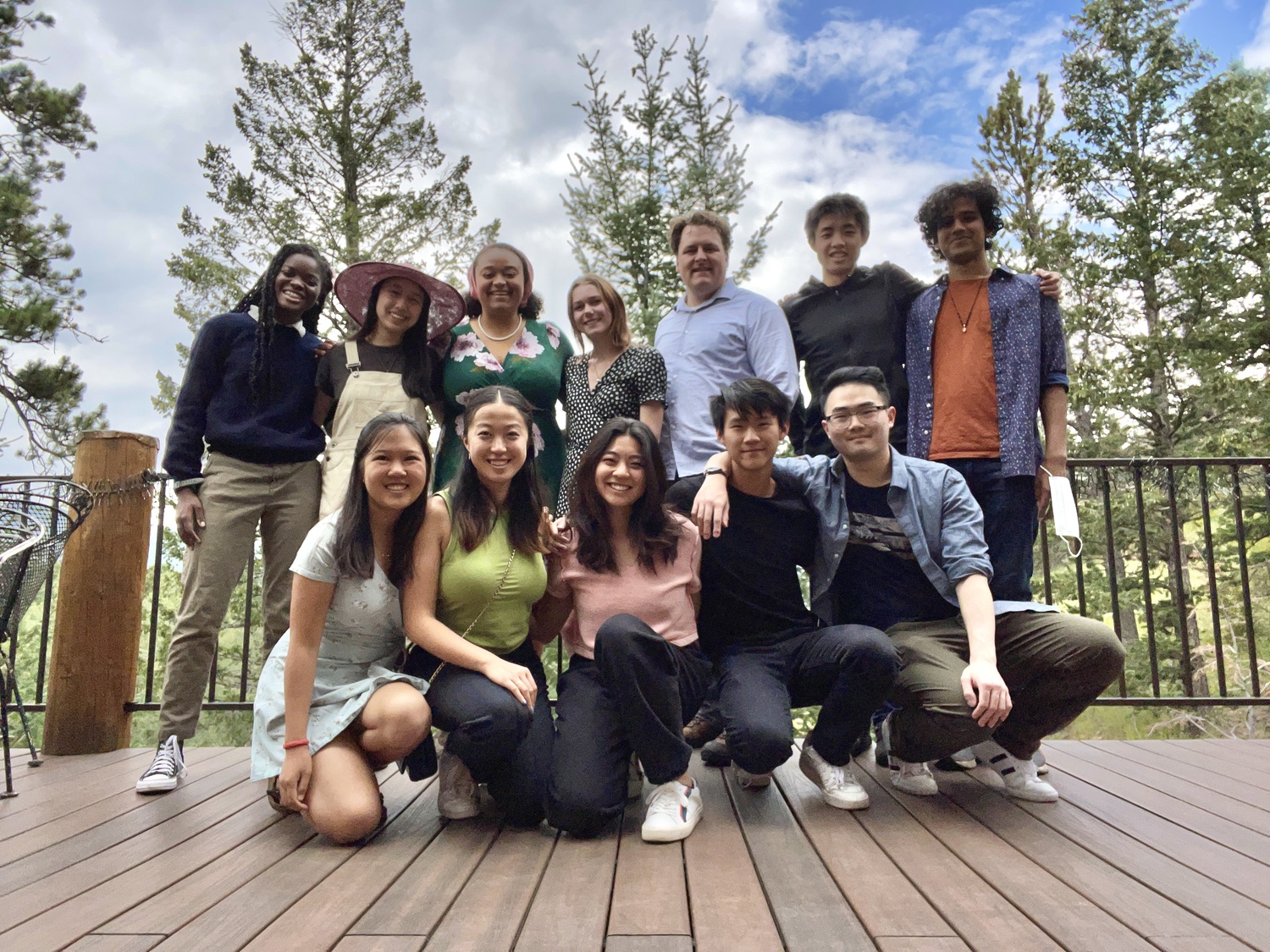Learning to Flourish
Harvard freshman John M. Boesen ’25 is planning to concentrate in Applied Math, but this summer, he will embark on a trip to Oxford University to read St. Augustine, Thomas Aquinas, Dante, and Robespierre and discuss love, hate, and the philosophy of living life to its fullest with 25 other undergraduates.
Boesen, who heard about the Oxford Vivarium through a friend who had previously participated, saw the program as a chance to read “the great books” that his math classes don’t cover.
“The way I see it, the humanities are the foundation,” he says. “You can’t have wisdom without the humanities.”
The Vivarium is part of the broader Human Flourishing Program at Harvard’s Institute for Quantitative Social Science. Established in 2016 by Tyler J. VanderWeele, the program aims to “study and promote human flourishing, and to develop systematic approaches to the synthesis of knowledge across disciplines.”
Students selected as Human Flourishing Fellows will participate in biweekly group discussions this spring before heading off to Oxford.
Associate Director Flynn J. Cratty says the idea of human flourishing has shown up in a variety of cultures and beliefs, from the Greek philosophy of eudaimonia, or the condition of living well, to the Hebrew shalom, a word which can mean harmony or completeness.
“We talk about flourishing as a state in which every aspect of your life is going well,” Cratty says. “That isn’t something any of us ever experienced perfectly in the here and now, but it’s not just that your physical or mental health is good, but also that you’re building character, that you have deep and satisfying relationships, a sense of purpose in life.”
Cratty said the program seeks to answer questions such as “What [does] a good life look like? What kind of relationships should we be cultivating? What does it look like to promote virtue or seek truth?”

The theme of this year’s program is “Love and Hate.” Students are split into two different groups, one of which will focus on “Curiosity: The Love and Lust for Knowledge,” and the other on “Progress and Decline.”
“The heart of our work with students is founded on the idea that for all of its intellectual dynamism — Harvard’s a very exciting place to be — Harvard’s not a very good place for stopping and reflecting about questions of first importance,” says Cratty. The program hopes to provide students that space to slow down and reflect through thought-provoking readings and mentorship.
It was precisely the program’s introspective departure from the fast pace of Harvard life that appealed to Henry N. Haimo ’24, a newly-selected Human Flourishing Fellow. Haimo sees human flourishing as a life with “the whole circle colored in,” pursuing a set of values and “taking advantage of everything that life has to offer.”
“I was very pleased to see that there was a different perspective on what your college education could be about,” he says. “Education is also about personal development, and what we should be learning in our prime years is also how to live fulfilling lives.”
Though the program’s first vivarium last year was held in Colorado, this year’s intellectual retreat will shift to Oxford. The new choice in location was partially a practical one, according to Cratty, since Oxford’s colleges serve as conference centers out of term, but Cratty says the directors also chose it because Harvard students “actually got excited” about going there.

Jennifer Y. Gao ’24, who also participated in the vivarium last year, is excited for the chance to explore Oxford.
“It just strikes me as somewhere that is very intellectual,” she says. “I am excited to be able to see Oxford and be able to live in the dorms. I think this will be a really cool experience.”
With support from alumni donors, the vivarium will cover the cost of airfare, food, and housing for participants. Gao expressed her appreciation for the diverse group of students that this “no barriers” vivarium is able to attract.
“Traveling internationally is very expensive, having to deal with all of these things like food, transportation — it’s really nice that we don’t really have to worry about that while we’re there,” she says. “We can just really focus on learning and discussing and interacting with each other.”
Haimo hopes that the group will serve as examples for how to incorporate introspection and benevolence into everyday Harvard life.
“If we can bring [this] into our social interactions, I think it raises the level of everyday discussion,” he says. “How can you both personally contribute to the world and how can you do that in a happy way?”
— Magazine writer Claire Yuan can be reached at claire.yuan@thecrimson.com



